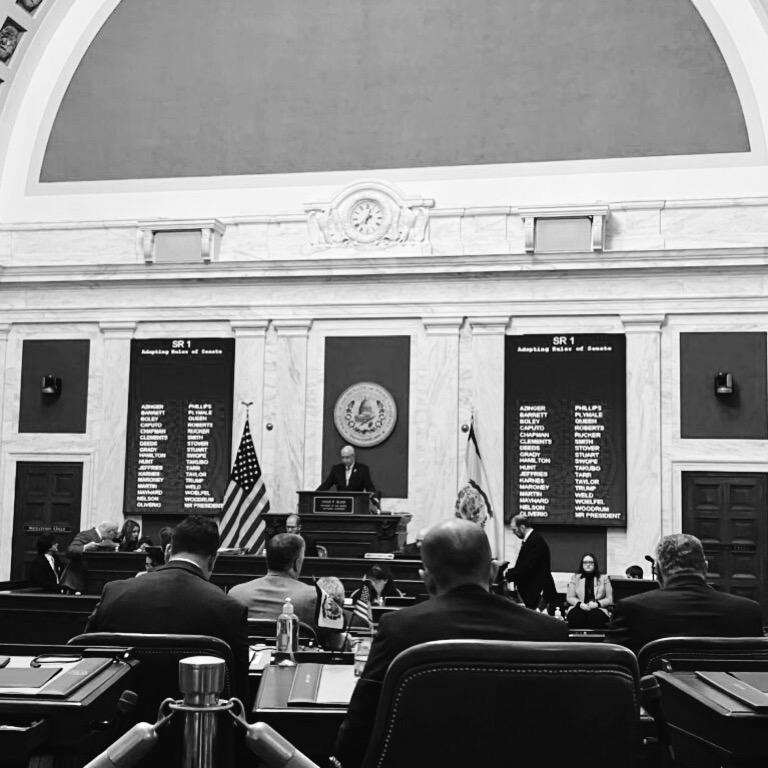By David Shanet Clark
One of three critical policy issues facing the legislature on Opening Day ( https://huntingtonnewsnetwork.com/?p=135 ) has crossed over the Capitol rotunda from the Senate to the House. While the $2,300 raise for certified educators and troopers received universal approbation, it was immediately complicated by possible increases in those same employees’ insurance benefits and treatment options by the PEIA bill now in the House
The West Virginia Public Employees’ Insurance Agency or PEIA rescue and stability bill passed the Senate in late February and the House is Friday amending the bill, legislature and state news agencies say. One issue awaiting standardization by House and Senate drafters is the percentage of out-of-state medical care PEIA will fund for state employees. The House apparently veered from 70-30 split back to a 80-20 ratio for border state clinics seeing West Virginia Capitol employees as patients in Pennsylvania, Maryland, Virginia, Kentucky and Ohio. WV public radio stations are reporting that the House is returning to the four fifths reimbursement model for cross border services.
PEIA was a central issue on opening day, as the large Wheeling Hospital board & CEO denied any further treatment to WV PEIA state employees, by citing their low pay rates — 59% of Medicare hospital reimbursements — so the PEIA bill was fast tracked through on the Senate side.
Today the current version of the PEIA bill addresses the Wheeling Hospital issue by mandating the Agency to pay hospitals 110% of Medicaid’s federal scale for in state patient treatments.
Spousal coverage will remain but PEIA enrollees will see higher opt-in charges.
The central hot point in the House bill was the size of premium increases. State employees could be looking at 26% increases, higher deductibles and/or both. Union officials representing state employees are addressing the House committee Friday, firmly opposed to rising PEIA insurance costs dampening their standard-scale raises.
Governor Jim Justice expressed overall approval of the House bill this week and applauded the two houses for their working process on the critical public employees’ insurance solvency problems; he tied the tax cut into the issue as another positive element in the employees’ pay situation, saying that the state raises plus the tax cuts were fair compensation for premium hikes in the plan, when also considering today’s rising health costs overall.
In 2022 the Senate had approved unanimously a bill that reimburses West Virginia medical providers for PEIA clients at a much higher rate, 110 percent of the federal Medicare reimbursement rate, and this was officially estimated to cost the state an additional forty million dollars annually.
The West Virginia Senate had passed that bill unanimously last year, but the legislative session’s clock ran out — without the PIAE insurance medical funding bill ever passing the House of Delegates or going to the Governor’s desk, leaving state employees unprotected.
The bill that passed the Senate was similar to the ill-fated 2022 bill.

